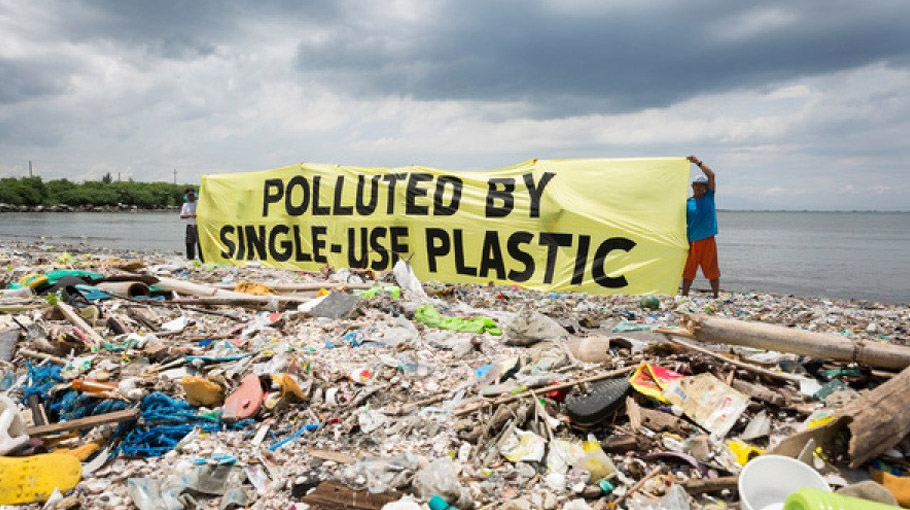‘Ban on single-use plastics not viable solution’

Country's Plastic products manufacturers on Monday said that a ban on single-use plastics (SUP) alone is not a viable solution. The 17 items targeted in the directive will severely impact the country's industrial sector, threatening 6,000 businesses and leaving hundreds of thousands of workers jobless.
They said such a critical decision must involve discussions with stakeholders to prevent potential harm to the economy. It would better allowing at least a period of six months to one year time to go for alternative to polythene. Without proper consultation, the negative consequences could put the nation’s economic stability at serious risk.
These remarks were made at a press conference organized by the Bangladesh Plastic Goods Manufacturers and Exporters Association and the Bangladesh Plastic Packaging and Roll Manufacturers Association at the Dhaka Reporters Unity (DRU).
The speakers called for decisions to be made through discussions with stakeholders, noting that in 2002, a directive was issued banning plastic shopping bags. However, this brought no positive outcomes and Bangladesh failed to achieve the intended goals.
In line with the United Nations Environment Assembly's (UNEA) resolution, business leaders have requested an extension until 2030 to phase out polythene and single-use plastics. Shamim Ahmed, President of the Bangladesh Plastic Goods Manufacturers and Exporters Association, said, “On August 27, the Ministry of Environment, Forest, and Climate Change issued a gazette listing 17 types of single-use plastics to be banned. This effort to eliminate SUPs will severely affect the plastic industry and related sectors, leading to significant disruptions in business and economic activities. The law will create obstacles to industrial growth and could trigger negative market reactions.”
He emphasized, "Some of the listed products are linked to the livelihoods of millions, including 1.3 million small retailers. This sector alone contributes nearly BDT 40,000 crore annually to the government’s treasury."
Speakers at the event urged the government to involve industry stakeholders in the decision-making process regarding SUPs.
Shamim Ahmed added, "Before implementing the SUP ban, the Ministry of Environment should consult with key policymakers, including the Ministries of Industry, Commerce, and Finance, the National Board of Revenue (NBR), and Bangladesh Bank."
Abu Motaleb, President of the Bangladesh Plastic Packaging and Roll Manufacturers Association, added, "Policymakers have not engaged any stakeholders from our sector. This law is being formulated without the input of those directly impacted. We want regulations, but not without stakeholder involvement."
The press conference also highlighted the adverse effects of the 2002 government directive that banned plastic shopping bags, which resulted in the closure of 300 factories, the loss of billions in investment, and widespread unemployment.




